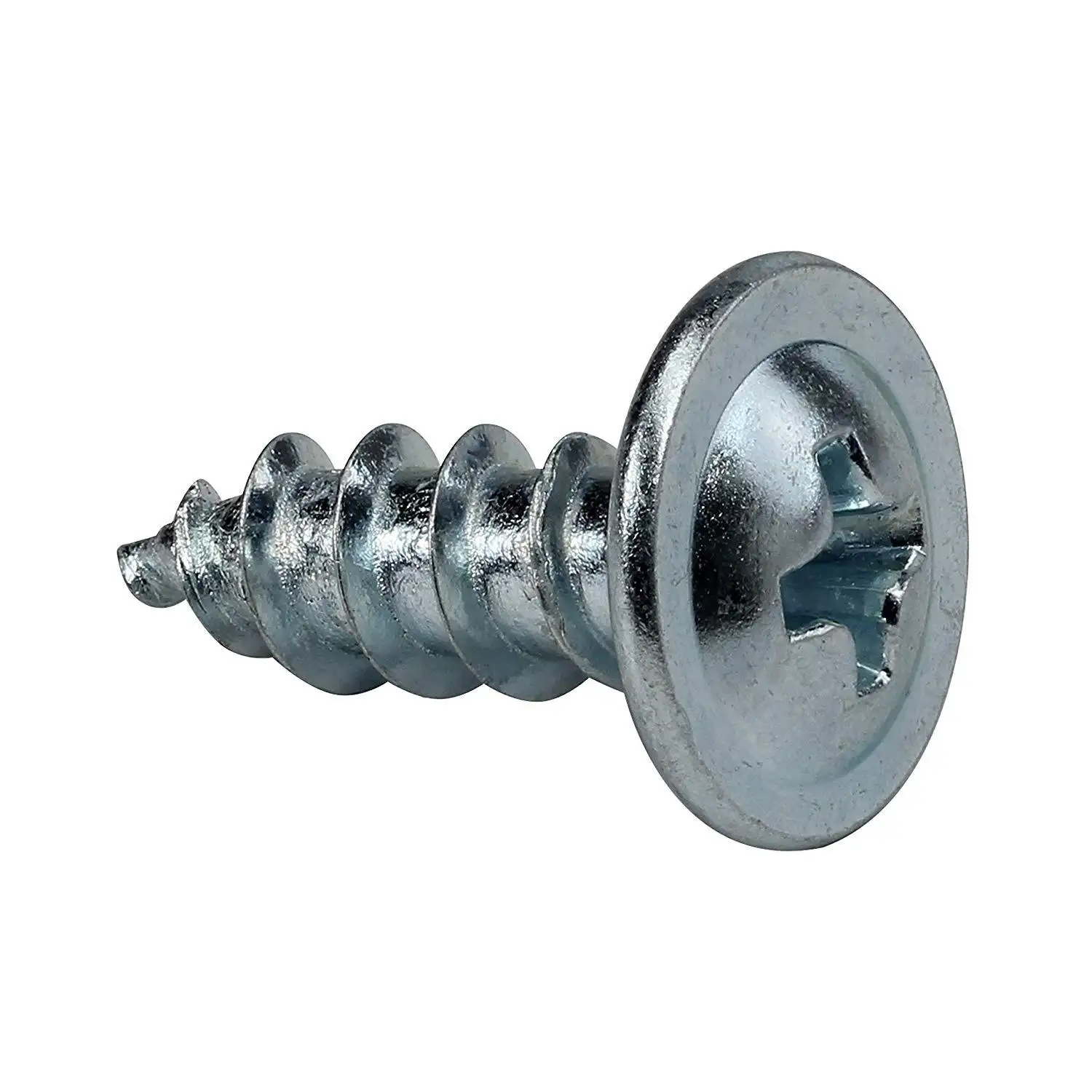high quality self tapping screw into metal
A Comprehensive Guide to High-Quality Self-Tapping Screws for Metal
When it comes to fastening metal components together in various applications, high-quality self-tapping screws are an essential choice for both professionals and DIY enthusiasts alike. These specialized screws are designed to create their own mating threads when driven into materials, making them an ideal solution for various metalworking projects. Understanding the features, benefits, and applications of these screws can help ensure that you choose the right fasteners for your needs.
What Are Self-Tapping Screws?
Self-tapping screws are screws that can tap their own holes when inserted into materials. This unique feature allows them to effectively bond with metal substrates without the need for pre-drilled holes. Typically made from durable metals such as steel, stainless steel, or aluminum, these screws are engineered for strength and performance in various environments, including construction, automotive, and general manufacturing.
Types of Self-Tapping Screws
There are primarily two types of self-tapping screws thread-forming and thread-cutting.
1. Thread-Forming Screws Also known as roll-formed screws, these create their own threads by deforming the material in which they are driven. They are perfect for softer metals and are often used in applications requiring a strong connection without breaking the material.
2. Thread-Cutting Screws As the name suggests, these screws cut into the material, making them more suitable for harder metals. Thread-cutting screws typically have sharp cutting edges and are ideal for heavy-duty applications where maximum holding strength is necessary.
Key Features to Consider
When selecting high-quality self-tapping screws for metal, several features should be taken into account
high quality self tapping screw into metal

- Material Composition The choice of materials used in the screw's construction can significantly impact its durability and corrosion resistance. Stainless steel is often preferred for its anti-corrosive properties, especially in outdoor environments.
- Coating Many self-tapping screws come with coatings (such as zinc plating) that enhance corrosion resistance and reduce friction during installation, ensuring a smoother driving experience.
- Drive Design The type of drive (Phillips, slotted, hex, etc.) allows for compatibility with different tools and can influence how easily the screw can be driven into metal.
- Thread Pitch The spacing of the threads affects the screw's holding power. Fine threads are generally better for brittle materials, while coarse threads are suitable for softer substrates.
Applications of Self-Tapping Screws
High-quality self-tapping screws are utilized across a wide range of applications including
- Automotive Manufacturing Securely fastening parts together, such as body panels and engine components. - Construction Attaching metal brackets, framing, and roofing systems. - HVAC Systems Joining ductwork and metal fittings. - Home Improvement Projects Installing metal fixtures, shelves, and more.
Conclusion
Choosing the right high-quality self-tapping screw for your metal application can lead to enhanced reliability and durability in your projects. By understanding the different types, key features, and various applications, you can make informed decisions that ensure the integrity of your work. Always remember to assess your specific requirements and materials to achieve the best outcome with self-tapping screws, solidifying their reputation as an essential element in the world of metal fastening.
-
Top Choices for Plasterboard FixingNewsDec.26,2024
-
The Versatility of Specialty WashersNewsDec.26,2024
-
Secure Your ProjectsNewsDec.26,2024
-
Essential Screws for Chipboard Flooring ProjectsNewsDec.26,2024
-
Choosing the Right Drywall ScrewsNewsDec.26,2024
-
Black Phosphate Screws for Superior PerformanceNewsDec.26,2024
-
The Versatile Choice of Nylon Flat Washers for Your NeedsNewsDec.18,2024










